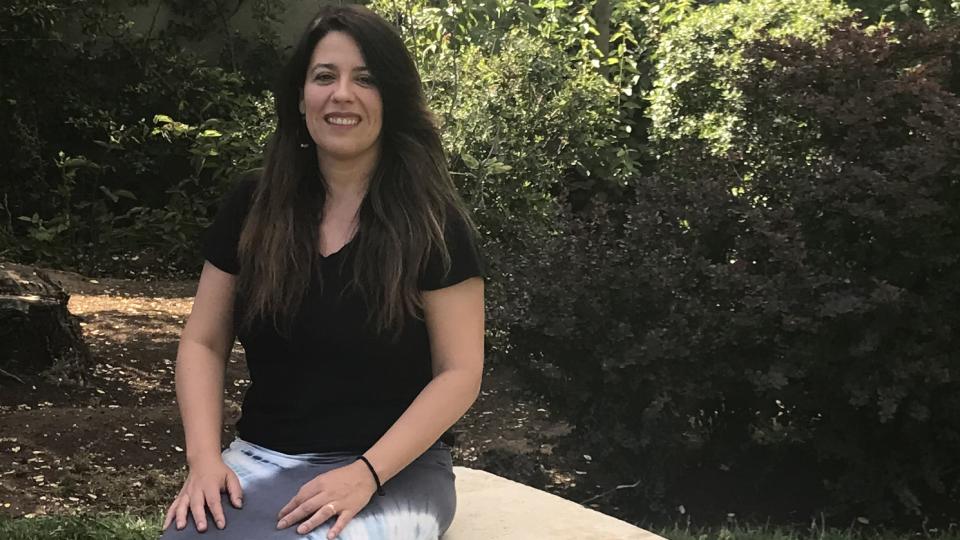New Washington State University Educator Seeks to Boost Fruit Quality

Carolina Torres starts as first-ever Endowed Chair in Tree Fruit Postharvest Systems post on Feb. 1 and will oversee research on fruit stress, physiology, and postharvest practices. (Photo: Washington State University)
Carolina Torres will be the first Endowed Chair in Tree Fruit Postharvest Systems at Washington State University. Torres graduated from WSU in 2005 with a doctorate in horticulture. She is currently a professor, researcher, and Director of International Relations at the University of Talca, Chile. Her research focuses on how the environment affects fruit quality before and after harvest.
Torres will lead research on fruit stress, fruit physiology and traits, postharvest practices, and handling technologies. We spoke with her before she started her post on Feb. 1 to learn more about her new role and her background.
Q: What’s the biggest difference you’ve found between fruit growing in Chile and Washington?
A: In Chile, fruit production is 100% dedicated to the export market, although only around 50% meets the required quality standard, which is a huge business challenge. Growers need to have the best fruit quality and price to stay profitable. In Washington, they still have a significant domestic market, which is a little less pressure, especially quality-wise. Nevertheless, the export market is growing.
Although growing conditions in Chile are similar to Washington, it is a more extreme semi-arid climate, like California, which is getting even worse with climate change. This puts big pressure on fruit quality and condition postharvest, which is a must for the Chilean industry. Only about 50% of what is produced it is actually exported due to lack of acceptable quality.
Although the Chilean industry understands that research is needed to target production and fruit quality issues, they are not organized to support R&D in research institutions and not even close in committed dollars, as it is in Washington.
Organic production in Washington is steeply growing, which is a great challenge for us, researchers, and for growers.
Q: How will your research on fruit quality in Chile carry over to your new role at WSU?
A: Due to similar growing conditions and varietal distribution, Chile and Washington have somewhat similar production and quality issues. Therefore, it will be not that hard to transfer over. When I moved back to Chile after 10 years in Washington at the end of 2008, I kept working on some project that I had initiated in Washington. I think it is one of the reasons why I accepted this exciting position.
Q: What are you most looking forward to in terms of research?
A: The Washington fruit industry is highly engaged with research and development, understanding exactly the role of innovation (to maintain leadership and profitability) in their business. I truly believe that practical problems are solved with basic and applied research, and a lot of patience. The Washington industry — through the Washington Tree Fruit Research Commission — understands that. Additionally, Washington ha as great group of people in research to work with, with some of which I already collaborate.
Q: What are your biggest short-term goals upon joining the WSU team?
A: Continuing my research projects targeting problems that the Washington industry has today, and immediately engaging in new ones with my colleagues in WSU and USDA-Agricultural Research Service. Collaboration is key to success. I am already in this task for this years’ call for proposals of the Tree Fruit Research Commission.
Q: What appeals to you most about living and working in Washington?
I love Washington. It’s a beautiful state, great people, friends and colleagues, and a thriving fruit industry.










